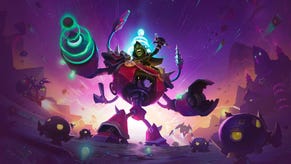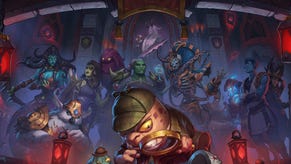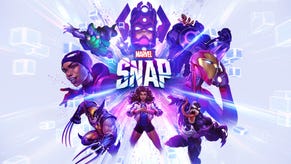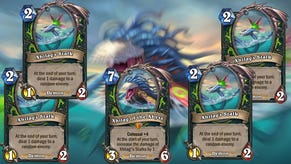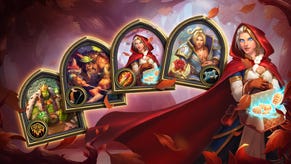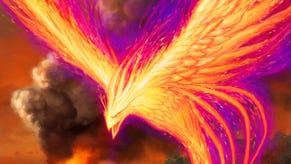Getting Better At Hearthstone With Computers
Hack the planet
Dr. Elie Bursztein is a computer security expert employed at Google who, for the past few months of his free time, has been focused on Blizzard's card game Hearthstone. He and his wife Celine used math and machine learning to understand more about the game, detailing their results in blog posts. They started out wanting to identify cards that were "undervalued"--where you got the most power for your mana--using an algorithm. Separately, they began analysing games and decklists to build a model to predict what cards would be played by opponents based on what had already happened. It ended up pretty dang accurate all right.
He gave a talk about all this at the DEF CON 22 hacking conference last month, and now it's online for us to watch.
There's a lot of stuff I find interesting in here. Valuing cards is a key skill in collectible card games and, depending on the amount of luck in a specific game's systems, can be the most important one. While draws will always play a factor, ensuring that you have the most powerful cards possible in your deck is one of the easiest ways to win, next to tight play. Breaking it down into a formula can help or hinder this process. It can show solid but non-flashy cards like Chillwind Yeti are still powerful without any additional effects. It's less useful as cards become more complex however, as the debate over Elie's analysis of the variable-power Van Cleef card shows.
The tool he uses to predict opponent's cards was originally going to be released, but in this post he explains that after Blizzard contacted him he decided not to. They were apparently very supportive of his research into balancing, but felt the tool would provide an unfair advantage. They also argued that it made the game less fun due to removing decision making from the player.
Elie's stopping work on the Hearthstone project for a few weeks, but says he'll be back to talk more game balance and prediction in the future. His algorithms for deciding which cards are under or overvalued are still imperfect but I do want to see more done with them. There's ongoing discussion in the vast comment sections of both blog posts on the topic. He advises people to keep an eye on his twitter feed for any updates.


